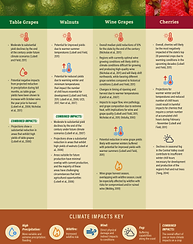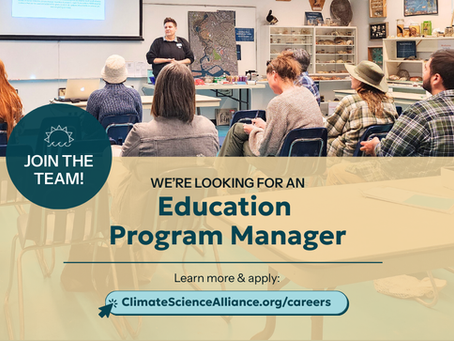Agriculture plays a prominent role in Southern California, holding significant economic, cultural, ecological, and historic value.
The Climate Science Alliance team is working collaboratively with various partners in the region to elevate the role of local agriculture as part of our region’s climate solution and taking actions to test strategies and educate youth and the public on our local food system. Learn more about our Resilient Roots projects and get involved today!

Project Updates

2020 Consortium

2020 Climate Change Consortium for Specialty Crops
The Climate Science Alliance and our collaborating project partners seek experiences, insights, and input from a diverse group of producers across the region through a series of workshops funded by the California Department of Food and Agriculture. Visit the 2020 Consortium page to learn about upcoming and past events and how to share your input, needs, or recommendations.

Farmer Profiles

From the Ground Up:
A series of Farmer Profiles
As part of the on-going efforts of the 2020 Climate Change Consortium for Specialty Crops, we are excited to share a series of producer stories highlighting our region's producers and the important work they do in our communities. These stories illustrate what it means to be a farmer in southern California, and the challenges and opportunities for advancing climate resilience.

Carbon Sink Demo

Carbon Sink Demonstration Project
In collaboration with Pauma Band of Luiseño Indians and Solidarity Farm, this project is working to help demonstrate how carbon sink farming practices can be applied under Southern California conditions to benefit farmers and support climate mitigation and resilience efforts.

Climate Kids

Resilient Roots: Connecting Climate and Food Systems
Our Climate Kids program has expanded to include a new module, “Resilient Roots: Connecting Climate and Food Systems.” As part of this effort, the Climate Science Alliance team is working to support our partners and other local stakeholders to provide outreach and educational materials for our community exploring the intersection of climate change, food, and agriculture.

On the Blog

Resilient Roots Sponsors














